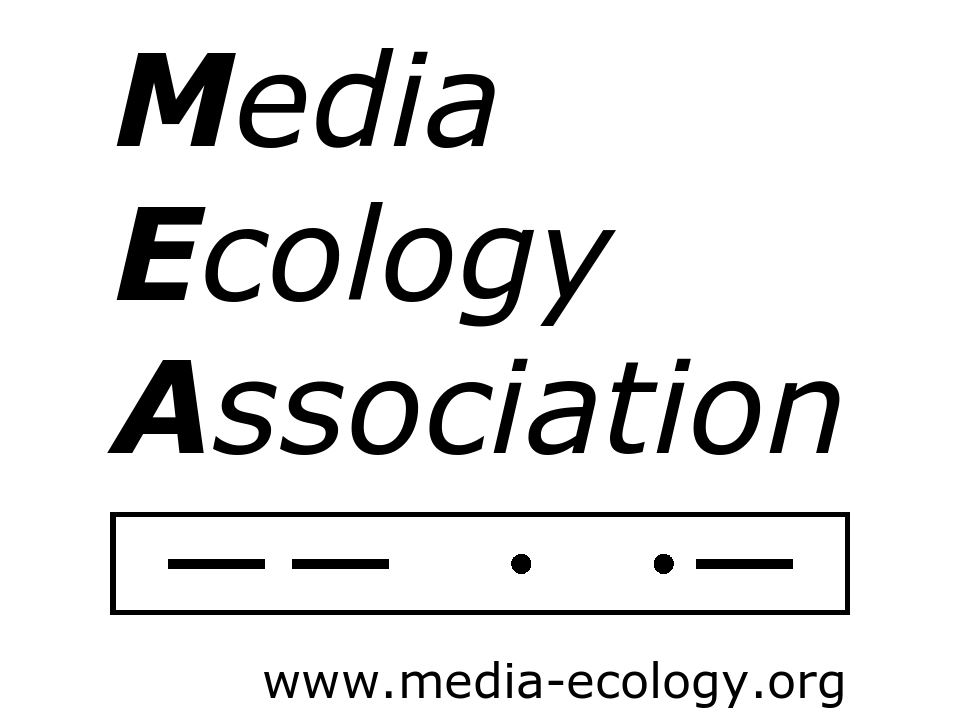MEA @ ICA 2025


The 75rd Annual Conference of the International Communication Association will take place this year in Denver, Colorado from June 12–16.
The theme is “Disrupting and Consolidating Communication Research.”
Since the MEA is an Association Organization of the ICA, we are automatically granted one panel as part of the conference program. The following is our program for this year.
“Disruptions, Consolidations, and Extensions in Media Ecology Theory and Research”
Chair: Thom Gencarelli, Manhattan College, USA
Presentations:
1. Tiffany Petty Gilliam, Duquesne University - “Classroom as Classtomb: Considering a Better Bargain for Online Public Speaking”
Let’s explore the evolving landscape of public speaking education in the context of contemporary technological advancements. While the core principles of public speaking remain intact, the methods and contexts in which these skills are taught have shifted dramatically, raising questions about the effectiveness of online public speaking courses. The study addresses the paradox of teaching public speaking in a virtual vacuum, where the absence of a live audience undermines essential public speaking practices. Through this analysis, we propose actionable solutions to bridge the gap between online and in-person education. The findings advocate for a reimagined approach to public speaking pedagogy that enhances students’ awareness of their communicative environments, enabling them to contribute meaningful ideas to society, no matter what the medium at hand demands.
2. Julia Hildebrand, Eckerd College - “What Camera Drones Do and Mean: Extensions, Disruptions, Consolidations”
Roughly ten years ago, a new “mobile medium” took off and entered the public discourse: the consumer drone. Since then, the technology has entered everyday private, public, and commercial spaces beyond its military origins, backgrounds, and ongoing employment. Yet, questions remain about how consumer drones impact users, how they reconfigure adjacent technologies such as the smartphone, and how they influence contemporary visual culture along with emerging socio-technical environments such as the Internet of Things. To explore these questions, I draw on data from ethnographic and auto-technographic fieldwork, semi-structured user interviews, and current socio-cultural trends and developments. Bridging scholarship in media ecology, mobile communication, and critical drone studies, the paper further unpacks the human-machine entanglements in ongoing and emerging civilian drone contexts. Ultimately, I discuss how this work opens up provocative intellectual avenues for studying drones, mobile media, and the future of mediated communication more generally.
3. Lance Strate, Fordham University - “Media Ecology and the Meaning of Meaning”
McLuhan’s aphorism, “the medium is the message,” directs our attention to the exterior aspects of communication, the technologies and codes being employed, and the environment in which interaction is taking place. Media ecologists do not ignore the interior aspects of communication, however, and this includes the key term of meaning, which is central for the scholarship of Christine Nystrom in particular. This paper explores this sometimes overlooked but vital aspect of media ecology, and its roots in behaviorism, with particular attention to the work of Pavlov, Ogden and Richards, Korzybski, GH Mead, and Langer, as well as Nystrom, Postman, and Ong.
4. Laura Trujillo-Liñán, Universidad Panamericana - “The Paradox of Connectivity in the Digital Age”
Since the advent of social media, the internet, and artificial intelligence, human communication has undergone profound transformations, often deteriorating the quality of our interactions. As Sherry Turkle points out in Alone Together, smart devices disconnect us from those physically present in favor of those who are far away. This gradual disconnection undermines our ability to communicate effectively, replacing spoken language with virtual communication that dilutes the essence of human interaction.
This paper explores how a return to face-to-face communication is essential for developing an authentic identity and emotional well-being, emphasizing the need to reintegrate direct human interaction in a world dominated by screens.
5. Thom Gencarelli, Manhattan University - “The Instability and Unsustainability of our Planned, or Imagined Media Future”
In the face of the growth and planned growth of industrial developments in artificial intelligence, embodied AI, immersive media/virtual reality, and the fintech industry and cryptocurrencies, and the energy requirements for each of these and all of them together, this paper examines the question of whether the plans for growth and future development in these areas is probable, possible, problematic, or impossible. Additionally, I overlay this examination atop both state-based and criminal threats to use the Internet and mobile Internet to wreck havoc and instability.
* * *
If you attend this year’s ICA conference, please come join us!